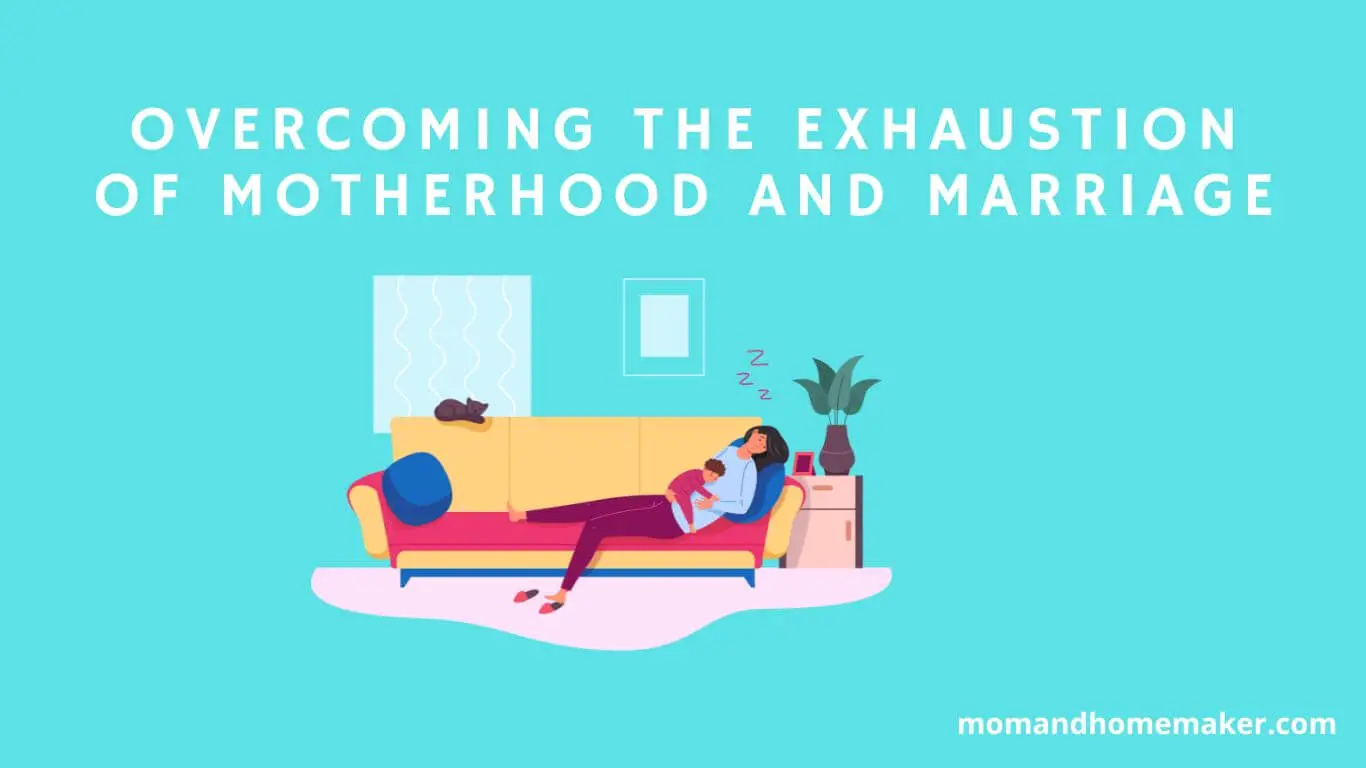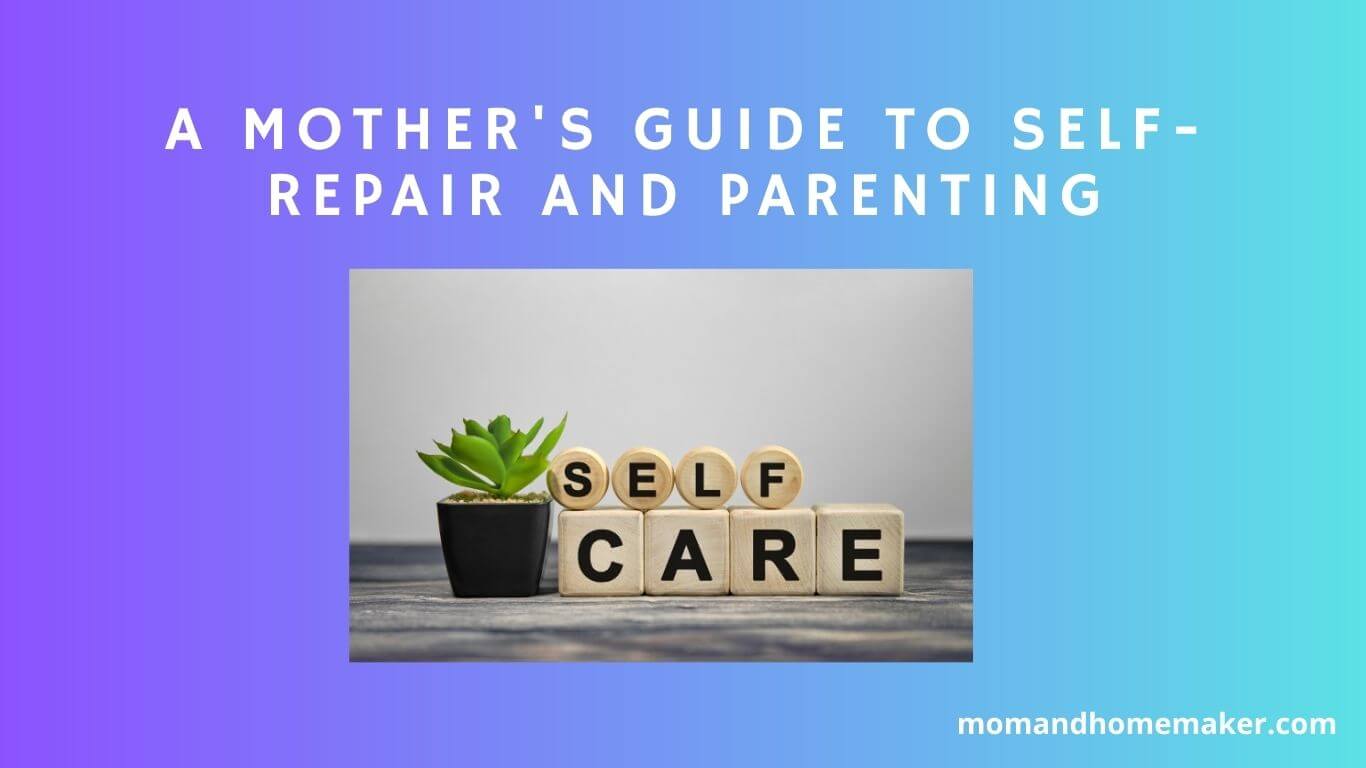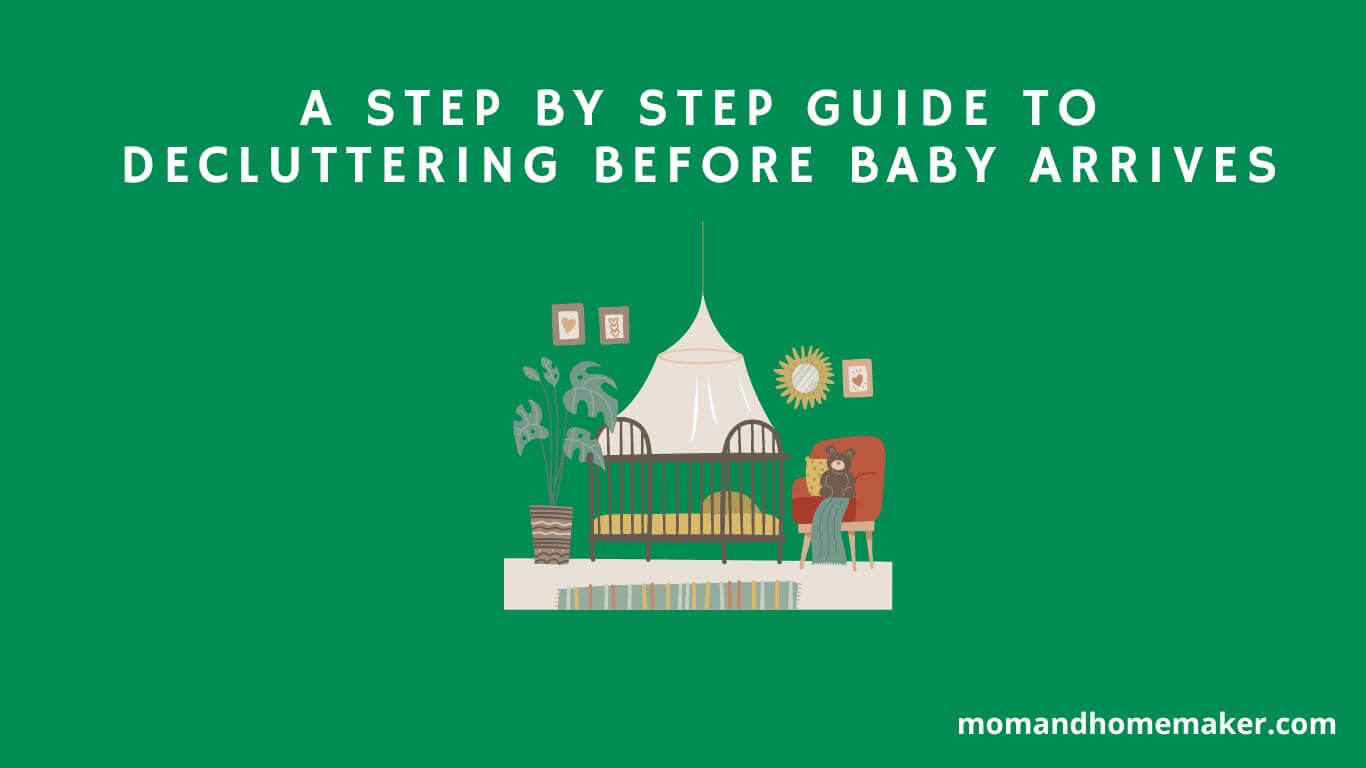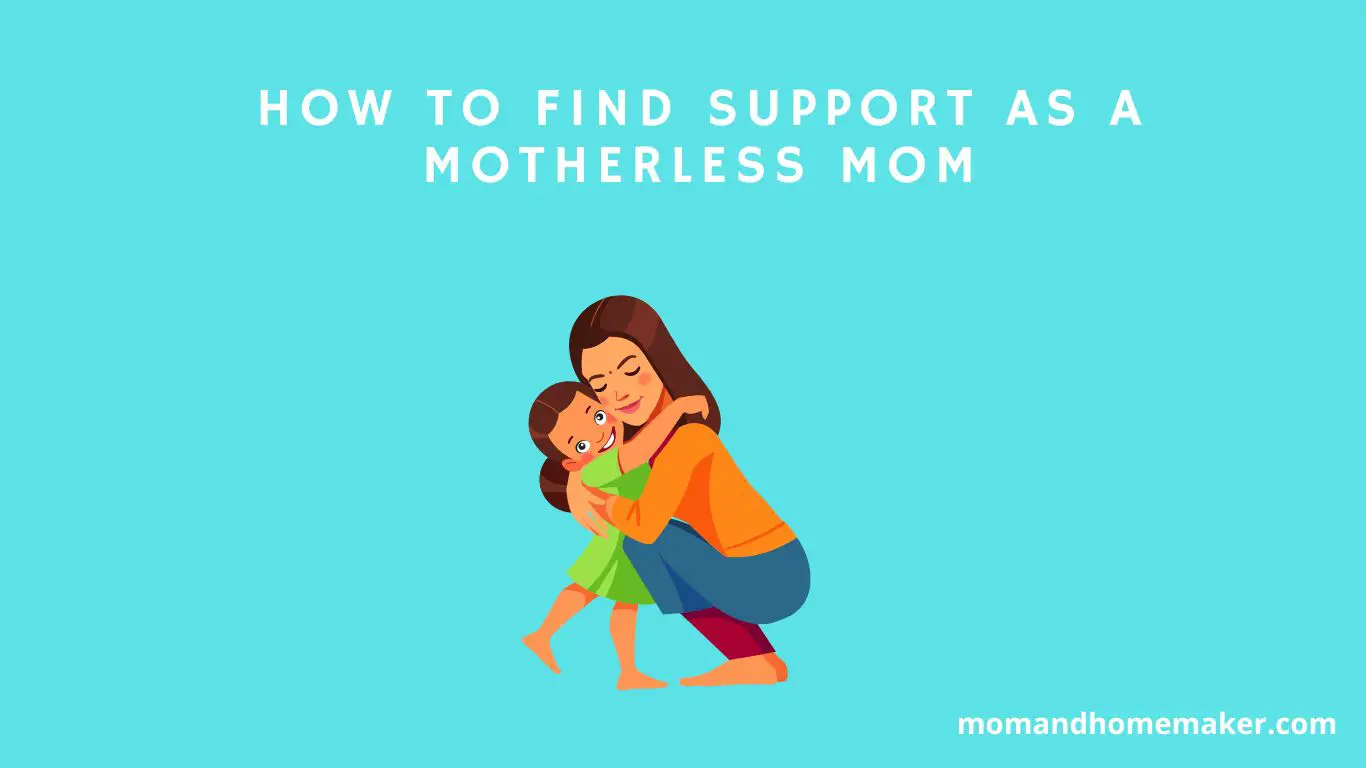Not feeling fulfilled by motherhood anymore can be like sailing into unfamiliar territory in the vast world of parenting.
Have you ever wondered if it’s normal to reach a point where being a mom isn’t what you expected?
There could be valid reasons behind this feeling that are worth exploring.
Taking the time to understand these emotions might offer a new perspective that resonates with your current situation, prompting you to think deeply about the complexities of this journey.
Signs of Parental Burnout
Signs of Parental Burnout
Feeling emotionally drained, irritable, and overwhelmed are common signs of parental burnout. Caregivers need to recognize these signals early on to prevent further exhaustion and maintain a healthy balance in life.
Coping strategies are crucial in managing parental burnout. Taking breaks when necessary, seeking support from loved ones or professionals, and engaging in self-care activities are effective ways to deal with the challenges of parenting.
Establishing parental boundaries is also essential in preventing burnout. Setting clear limits on time, energy, and emotions can help avoid feelings of being overwhelmed.
Communicating boundaries with your partner, children, and other family members is key to ensuring that everyone understands and respects your needs. Remember, it’s okay to say no when you’re feeling stretched thin.
Incorporating coping strategies and maintaining parental boundaries are vital in combating parental burnout. By prioritizing self-care, seeking support when needed, and setting clear limits, you can better manage the demands of parenthood and reduce the risk of burnout.
Remember, taking care of yourself isn’t selfish but necessary to be the best parent you can be.
Identifying Your Feelings
Identifying Your Feelings
To understand your emotional state as a parent, it’s important to identify the underlying emotions you’re experiencing. Engaging in self-reflection and emotional check-ins can provide valuable insights into your well-being. Here are some steps to help you recognize your emotions:
- Set Aside Time for Reflection: Dedicate a few minutes each day to think about how you’re feeling. Journaling your thoughts and emotions can help bring clarity to your mind.
- Check in with Your Emotions: Regularly assess your emotional state by asking yourself how you feel and what might be causing those emotions.
- Consider Therapy or Counseling: If you find it challenging to identify or manage your feelings, seeking therapy can be beneficial. A therapist can offer tools and strategies to navigate your emotions effectively.
- Try Journaling as Therapy: Besides traditional therapy, journaling can serve as a therapeutic outlet. Writing down your thoughts, worries, and emotions can help you gain a deeper understanding of your experiences.
Seeking Support and Understanding
When you’re unsure about wanting to become a mother, seeking support from trusted individuals can help you navigate your feelings. Talking openly with friends, family, or a counselor who listens without judgment can offer valuable insights and comfort.
Setting boundaries is important when seeking support – communicate your needs clearly to feel respected and understood. Remember, you don’t have to follow all the advice you receive. Trust your instincts and make decisions that align with your values and well-being.
Joining support groups or online communities can also be beneficial, as you can connect with others who may be going through similar emotions. Sharing your story in a safe space can provide a sense of solidarity and validation. Seeking support and understanding is a brave step towards self-discovery and emotional healing.
Addressing Societal Pressures
When facing societal pressures while questioning your desire to become a mother, it can be quite challenging. It’s important to recognize that societal expectations and your personal boundaries mightn’t always align, leading to inner turmoil and external influences.
Here are some key considerations for dealing with these pressures:
- Social Expectations: Society often dictates that women should aim for motherhood, but remember that your value isn’t solely determined by this choice. Embrace the idea that opting for a different path is equally valid and respectable.
- Personal Boundaries: Understand your personal values and boundaries regarding motherhood. It’s acceptable to prioritize your own well-being and happiness over societal norms. Trust your instincts and feelings, even if they diverge from the so-called ‘normal.’
- Setting Limits: Learn to establish boundaries with individuals who may pressure you to conform to traditional motherhood roles, whether they’re family, friends, or colleagues. Politely but assertively communicate your stance and reinforce your decision with confidence.
- Seeking Support: Surround yourself with understanding and supportive people who respect your choices. Engage with like-minded communities or seek professional help to effectively navigate conflicting emotions and societal expectations. Remember, prioritizing your mental and emotional well-being is crucial when facing societal pressures related to motherhood.
Communicating With Your Partner
When you talk to your partner about your feelings regarding motherhood, it’s crucial to have open and honest communication while listening to their perspective. Your relationship dynamics will greatly influence how you both handle this journey together.
Setting emotional boundaries and expressing your needs can strengthen your connection and create a supportive space for meaningful conversations.
Partner support is vital during this uncertain time. Share your worries and fears with your partner, allowing them the chance to provide comfort and understanding. Remember, you’re a team, and facing challenges together can bring you closer. Embrace vulnerability and be open to their feedback.
Open communication is the cornerstone of a healthy relationship. Be truthful about your emotions and encourage your partner to do the same. Respect each other’s viewpoints and feelings, even if they differ from your own. By openly discussing your feelings about motherhood, you can establish trust and mutual respect.
Consider setting regular check-ins to talk about how each of you is coping with the situation. This practice can help prevent misunderstandings and address any concerns promptly. Your partner is there to support you, and together you can navigate the complexities of this emotional journey with empathy and understanding.
Exploring Alternative Parenting Roles
When discussing with your partner, consider exploring different parenting roles that align better with your current feelings and needs about motherhood. Having open and honest conversations is crucial to finding solutions that work for both of you.
Here are some suggestions to consider:
- Co-Parenting Dynamics: Look into the idea of co-parenting, where responsibilities and roles are shared more evenly. This can help reduce the pressures of traditional parenting roles and promote a more balanced approach.
- Child-Free Lifestyles: If you and your partner both feel that parenthood may not be the right choice for you, think about leading a child-free lifestyle. This can involve focusing on other aspects of your life and relationship that bring joy and fulfillment.
- Shared Household Responsibilities: Consider redefining household tasks and childcare duties to ensure a fair distribution of responsibilities. This can create a supportive environment where both partners feel valued and respected.
- Exploring Alternative Care Options: Explore alternative care arrangements such as part-time childcare, nanny-sharing with other families, or support from relatives. This can offer you the flexibility you need while ensuring your child receives the necessary care.
Managing Guilt and Shame
When dealing with feelings of guilt and shame related to your changing desires about motherhood, it’s crucial to acknowledge and address these emotions in a supportive way.
Overcoming the stigma and guilt tied to no longer wanting to be a mom can be tough, but it’s vital for your mental well-being. Remember, it’s okay to prioritize your own happiness and fulfillment.
Start by recognizing the validity of your feelings and that it’s acceptable to reevaluate your desires and goals. Seek support from trusted friends, family, or a therapist who can offer a non-judgmental space for you to express your emotions. Finding inner peace involves practicing self-compassion and understanding.
Engage in self-care activities like meditation, journaling, or spending time in nature to relax and reflect. Participate in activities that bring you joy and highlight your worth beyond societal expectations. Remember, your well-being is important, and it’s okay to prioritize your own needs and happiness.
Evaluating Your Mental Health
When considering your mental health in light of evolving feelings about motherhood, it’s crucial to be mindful of how these changes may affect your overall well-being. Prioritizing your mental health during this challenging time is essential.
Here are some key points to keep in mind:
- Self-Reflection: Take time to think about and understand your thoughts and emotions regarding motherhood. Journaling can help you gain clarity and insight into your shifting desires.
- Healthy Coping Strategies: Find healthy ways to cope with stress and negative emotions. This could involve talking to a trusted friend, practicing mindfulness, or engaging in activities you enjoy.
- Regular Mental Health Check-Ins: Check in with yourself regularly to assess your mental health. Be aware of any signs of anxiety, depression, or overwhelming feelings that may arise as you navigate your changing perspectives on motherhood.
- Self-Awareness: Develop self-awareness about your emotional state and what triggers your changing feelings about motherhood. Understanding these factors can help you take proactive steps to improve your mental well-being.
Considering Professional Help
Considering seeking professional support for your evolving feelings about motherhood can offer valuable guidance and assistance as you navigate this challenging time.
Therapy options provide a safe space to explore your emotions and concerns, helping you understand the underlying reasons behind your changing desires regarding motherhood.
Speaking with a therapist specializing in maternal mental health can provide you with coping strategies to manage any guilt, confusion, or uncertainty you may be experiencing.
Accepting help is a brave step towards self-discovery and healing. Therapy sessions encourage self-reflection, allowing you to delve into your thoughts and feelings in a non-judgmental setting.
Through introspection, you may gain insights into yourself and your aspirations, helping you make sense of your current mindset towards motherhood.
Therapists can help you develop strategies to navigate this internal conflict, empowering you to make informed decisions about your future. Exploring therapy options doesn’t indicate weakness but shows your dedication to your well-being and personal growth.
Embracing professional support can be a transformative experience, guiding you towards clarity and peace amidst the uncertainties you may be facing in your journey as a mother. Remember, seeking help is a courageous and proactive choice that can lead to significant positive changes in your life.
Making Informed Decisions
When making decisions about motherhood, it’s important to gather information from reliable sources to help you make well-informed choices. Reflecting on your thoughts and feelings about becoming a mom is crucial. Consider how motherhood aligns with your life goals and whether you truly desire it.
Setting clear boundaries will protect your well-being and ensure your decision is based on your own needs. Remember that personal growth is possible regardless of the path you choose. Prioritize your fulfillment and happiness above societal expectations when deciding on motherhood.
Your decision should be driven by what brings you joy and purpose, leading you towards a life that reflects your true self.
Embracing Self-Care Practices
Prioritize your well-being and nurture your mental and emotional health by embracing self-care practices. Taking care of yourself is essential for effectively caring for others. Setting boundaries and reconnecting with yourself can help you find balance and prioritize your mental health.
Here is a simple guide to help you incorporate self-care into your routine:
| Self-Care Practice | Description | Benefits |
|---|---|---|
| Meditation | Practice mindfulness and relax your mind | Reduces stress |
| Exercise | Stay active and boost your mood | Increases energy levels |
| Journaling | Reflect on your thoughts and emotions | Enhances self-awareness |
| Social Connection | Spend time with loved ones | Improves mood |
| Time in Nature | Enjoy the outdoors and fresh air | Promotes relaxation |
Conclusion
If you’re feeling overwhelmed and questioning your desire to be a mom, it’s completely normal to feel this way. Seeking support, understanding, and taking care of your mental health are important steps in navigating this challenging situation.
Remember, you’re not alone in this journey. Just like Sarah, a working mother who found comfort in therapy and self-care practices, you can also discover a path towards feeling empowered and fulfilled in your role as a parent.









